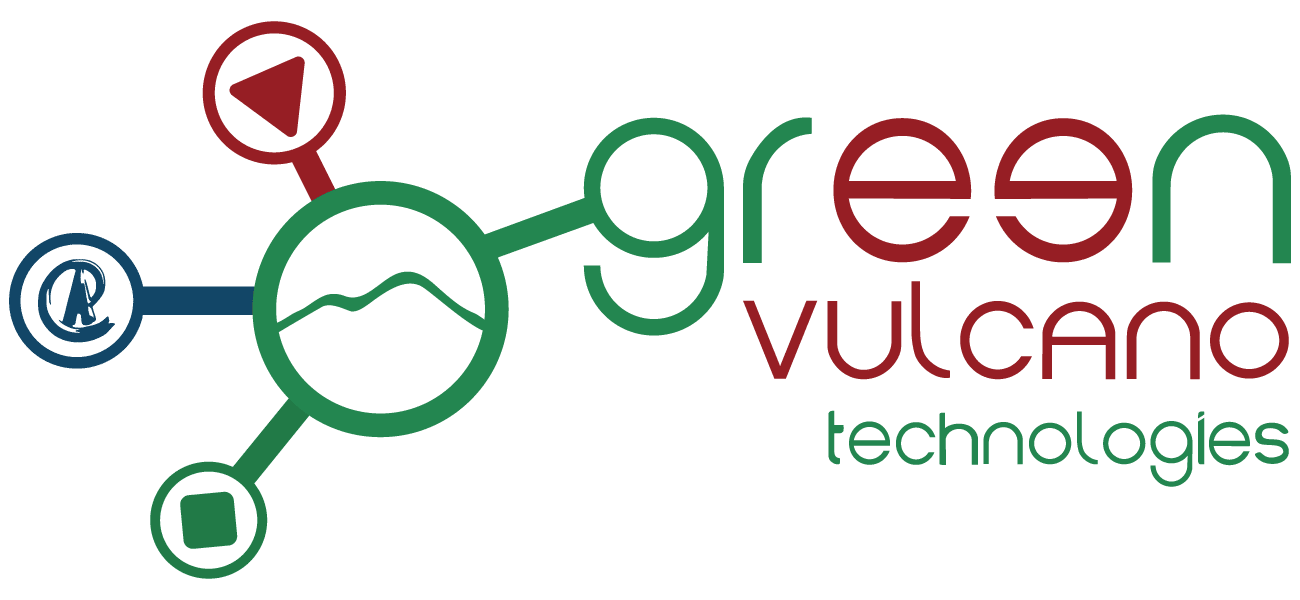2018 was the fourth warmest year ever recorded. As global temperatures continue to rise due to climate change, an increase of 1.5°C is estimated to be the point of no return.
According to some forecasts, a 45% reduction of carbon emissions by 2030 is required to avoid this rise in temperature.
- How the Internet of Things can help us
The use of sensors and new technologies with internet connectivity has the potential to make both our daily and corporate activities more efficient.
The same technologies can be used directly, to reduce emissions of harmful gases or indirectly, to increase the energy efficiency of business processes and industrial machinery.
It is also assumed that the implementation of smart technologies and predictive software could lead to a reduction in greenhouse gas emissions of 15% by 2030, when fully operational.
With this in mind we have selected some of the most dynamic economic sectors in the implementation of IoT solutions and that more than others are benefiting in terms of reducing consumption.
The collection and transmission of data through specific sensors makes it possible to reduce the use of water, pesticides and fertilizers.
In Australia, an unprecedented drought that caused panic among farmers was the occasion for the implementation of IoT solutions: wearable electronic sensors have been designed to monitor the heart rate, respiratory rate, basal temperature and blood pressure of the cattle. The installation of meteorological stations for the monitoring of climatic conditions has, instead, helped the farmers to forecast the weather, saving on consumption.
It is estimated that this market will grow by $ 6.4 billion by 2025.
The search for parking is one of the leading causes of pollution in major cities across the world. That’s why they are constantly looking for solutions to address the traffic congestion issue, also important to reduce people’s stress.
To solve this long-standing problem, GreenVulcano has studied an integrated mobility solution (see Sparta Project) where the data coming from cars are interpolated with the data of traffic lights and parking lots, allowing to drastically reduce the circulation time, and therefore also the pollution levels.
According to Ken Washington, CTO of Ford Motors, the introduction of driverless vehicles will lead to a further and significant reduction in traffic congestion problems in large cities like New York.
- IoT and Prevention of illegal deforestation and storage
Illegal and uncontrolled logging is in second place among the causes of climate change (Rainforest Connection report).
IoT devices allow us to detect and report illegal deforestation and deforestation activities. Monitoring takes place using recycled mobile phones already destined for destruction, to create an acoustic monitoring system that detects and recognizes unusual activities, sending immediate warnings to rangers.
One of the sectors traditionally guilty for creating significant amount of carbon dioxide emissions is energy production.
There are many IoT projects designed for energy companies:
- Creation of reactive energy networks, where energy is supplied according to need, while artificial intelligence algorithms help to predict future consumptions and usage patterns to channel the creation of new, more sustainable electricity.
- The use of smart meters, among consumers, to encourage consumption towards the time slots where the supply of energy is greater.
IoT technologies are currently used on a large scale inside all the most-structured manufacturing companies to increase the efficiency and effectiveness of their production.
Companies that manage great infrastructures can greatly benefit from machinery and building monitoring systems, to keep energy expenditure, and consequent pollution, under control.
At the organizational level, processes can be rationalized with the aim, for the most virtuous companies, to make the entire production process 100% sustainable and independent from fossil resources.
The materials used in the construction of buildings is significantly improved, which allows the reduction of energy dispersion, efficient monitoring of the structure and a targeted and immediate maintenance.
The Internet of Things is now within everyone's reach, regardless of our role in society and our spending power.
To obtain the best results, and a drastic reduction of harmful emissions in the world, it would be desirable to have an overall and long-term strategy.
But even as individuals, citizens or businesses, we can make the difference, exploiting the technological innovations that the market makes available and becoming more aware of the effects of our actions in the surrounding world.
Tell us your technological experiences or contact us for any clarification.

